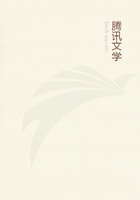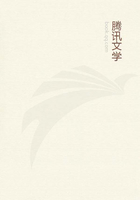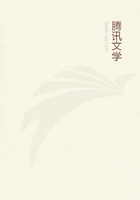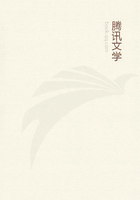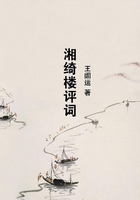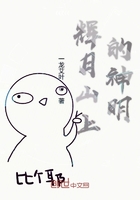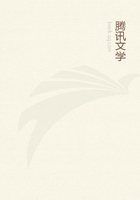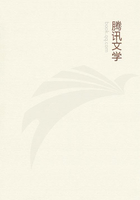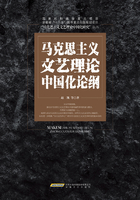Moreover, this freedom of will is not merely quite possible as a hypothesis (not involving any contradiction to the principle of physical necessity in the connexion of the phenomena of the sensible world) as speculative philosophy can show: but further, a rational being who is conscious of causality through reason, that is to say, of a will (distinct from desires), must of necessity make it practically, that is, in idea, the condition of all his voluntary actions. But to explain how pure reason can be of itself practical without the aid of any spring of action that could be derived from any other source, i.e., how the mere principle of the universal validity of all its maxims as laws (which would certainly be the form of a pure practical reason) can of itself supply a spring, without any matter (object) of the will in which one could antecedently take any interest; and how it can produce an interest which would be called purely moral; or in other words, how pure reason can be practical-to explain this is beyond the power of human reason, and all the labour and pains of seeking an explanation of it are lost an It is just the same as if I sought to find out how freedom itself is possible as the causality of a will. For then I quit the ground of philosophical explanation, and I have no other to go upon. I might indeed revel in the world of intelligences which still remains to me, but although I have an idea of it which is well founded, yet Ihave not the least knowledge of it, nor an I ever attain to such knowledge with all the efforts of my natural faculty of reason. It signifies only a something that remains over when I have eliminated everything belonging to the world of sense from the actuating principles of my will, serving merely to keep in bounds the principle of motives taken from the field of sensibility; fixing its limits and showing that it does not contain all in all within itself, but that there is more beyond it; but this something more Iknow no further. Of pure reason which frames this ideal, there remains after the abstraction of all matter, i.e., knowledge of objects, nothing but the form, namely, the practical law of the universality of the maxims, and in conformity with this conception of reason in reference to a pure world of understanding as a possible efficient cause, that is a cause determining the will. There must here be a total absence of springs; unless this idea of an intelligible world is itself the spring, or that in which reason primarily takes an interest; but to make this intelligible is precisely the problem that we cannot solve.
Here now is the extreme limit of all moral inquiry, and it is of great importance to determine it even on this account, in order that reason may not on the one band, to the prejudice of morals, seek about in the world of sense for the supreme motive and an interest comprehensible but empirical; and on the other hand, that it may not impotently flap its wings without being able to move in the (for it)empty space of transcendent concepts which we call the intelligible world, and so lose itself amidst chimeras. For the rest, the idea of a pure world of understanding as a system of all intelligences, and to which we ourselves as rational beings belong (although we are likewise on the other side members of the sensible world), this remains always a useful and legitimate idea for the purposes of rational belief, although all knowledge stops at its threshold, useful, namely, to produce in us a lively interest in the moral law by means of the noble ideal of a universal kingdom of ends in themselves (rational beings), to which we can belong as members then only when we carefully conduct ourselves according to the maxims of freedom as if they were laws of nature.
Concluding Remark The speculative employment of reason with respect to nature leads to the absolute necessity of some supreme cause of the world: the practical employment of reason with a view to freedom leads also to absolute necessity, but only of the laws of the actions of a rational being as such. Now it is an essential principle of reason, however employed, to push its knowledge to a consciousness of its necessity (without which it would not be rational knowledge). It is, however, an equally essential restriction of the same reason that it can neither discern the necessity of what is or what happens, nor of what ought to happen, unless a condition is supposed on which it is or happens or ought to happen. In this way, however, by the constant inquiry for the condition, the satisfaction of reason is only further and further postponed. Hence it unceasingly seeks the unconditionally necessary and finds itself forced to assume it, although without any means of making it comprehensible to itself, happy enough if only it can discover a conception which agrees with this assumption. It is therefore no fault in our deduction of the supreme principle of morality, but an objection that should be made to human reason in general, that it cannot enable us to conceive the absolute necessity of an unconditional practical law (such as the categorical imperative must be). It cannot be blamed for refusing to explain this necessity by a condition, that is to say, by means of some interest assumed as a basis, since the law would then cease to be a supreme law of reason. And thus while we do not comprehend the practical unconditional necessity of the moral imperative, we yet comprehend its incomprehensibility, and this is all that can be fairly demanded of a philosophy which strives to carry its principles up to the very limit of human reason.

